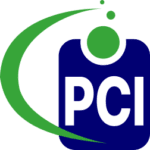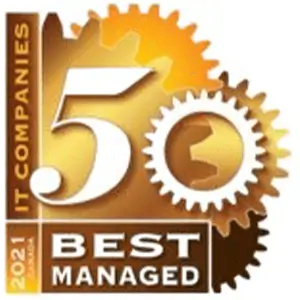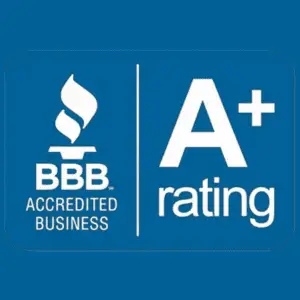Choosing the right IT help desk support provider can greatly impact a business’s productivity and customer satisfaction. Around-the-clock support ensures that technical issues are addressed quickly, reducing downtime and maintaining business continuity.
To make an informed choice, it is essential to know what factors to consider when evaluating potential providers. Here is a guide to selecting the ideal 24×7 IT help desk support partner.
-
Assessing the Provider’s Experience and Expertise
A provider’s experience is crucial for delivering high-quality IT support. When evaluating a potential help desk partner, consider their track record in serving businesses across various industries.
This experience demonstrates their ability to handle different types of technical issues and adapt to unique business needs. It is also essential to assess the expertise of their support teams, including certifications and training in relevant technologies.
-
Understanding Service Level Agreements (SLAs)
Service level agreements define the quality of service a provider will deliver. Look for clear SLAs that specify response times, issue resolution times, and escalation procedures. These agreements should align with the company’s business requirements and offer guarantees that hold the provider accountable. A well-defined SLA ensures that the business receives consistent support and can quickly address any issues with the quality of service.
-
Availability and Response Times
The primary advantage of 24×7 IT help desk services is round-the-clock availability. It is important to confirm that the provider truly offers uninterrupted support and can address issues at any time.
Quick response times are critical for minimizing downtime, so choose a provider that guarantees prompt responses. Availability should include multiple channels for support, such as phone, email, and live chat, ensuring flexibility in how employees can seek help.
-
Customization and Flexibility
Each business has unique IT needs, and a one-size-fits-all approach may not work for everyone. The ideal IT help desk provider should offer customizable support packages that align with the company’s specific requirements.
This includes the ability to scale services up or down based on changing business demands. Flexible support ensures that companies only pay for what they need while receiving comprehensive assistance.
-
Monitoring and Proactive Maintenance
Proactive monitoring is essential for identifying potential issues before they become major problems. The right help desk support provider will include monitoring and maintenance in their service offerings.
This approach helps to prevent technical disruptions and optimize system performance. Routine maintenance tasks such as software updates and security patching should be performed regularly to keep the business running smoothly.
-
Integration with Existing IT Infrastructure
Compatibility with the current IT infrastructure is an important factor when selecting a help desk provider. The provider should have experience working with the company’s existing systems, software, and hardware. This familiarity ensures that the support team can quickly resolve issues without causing disruptions.
-
Customer Feedback and Reputation
Evaluating a provider’s reputation can provide valuable insight into their service quality. Look for reviews, testimonials, and case studies to learn about other businesses’ experiences with the provider. A company with a strong reputation for delivering reliable 24×7 IT help desk support is more likely to meet expectations.
-
Transparent Pricing Structure
Understanding the pricing model is crucial for budgeting and avoiding unexpected costs. A reputable help desk support provider will offer a clear and transparent pricing structure. This should include details on what is covered in the service agreement and any additional fees that may apply.
Conclusion
Choosing the right 24×7 IT help desk support provider requires careful consideration of several factors. Companies should assess the provider’s experience, SLAs, and response times while ensuring the services are customizable and proactive.
Compatibility with existing systems and a solid reputation are also key indicators of a reliable partner. By considering these aspects, businesses can find the right provider to keep their IT operations running smoothly.










